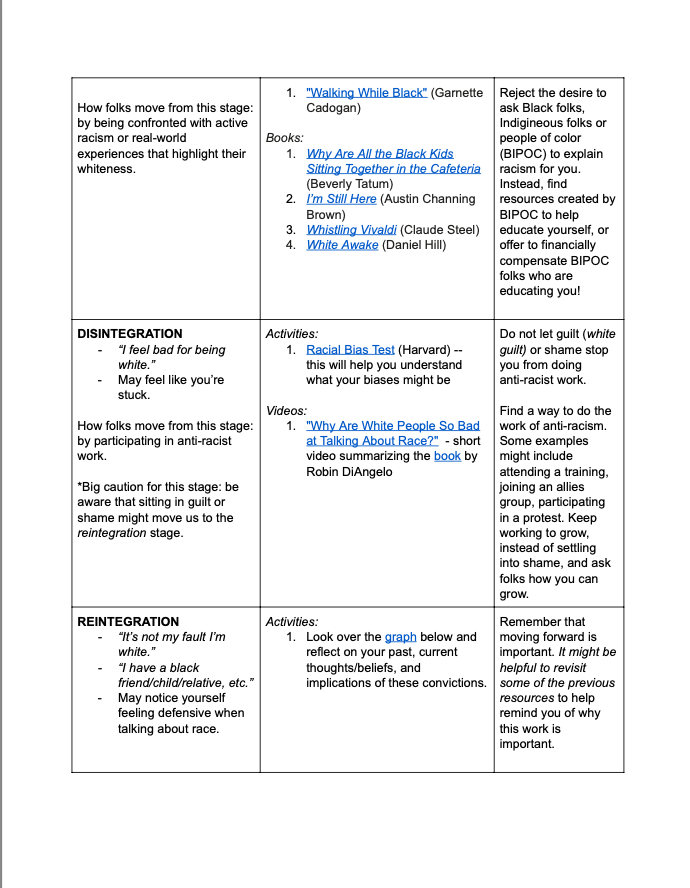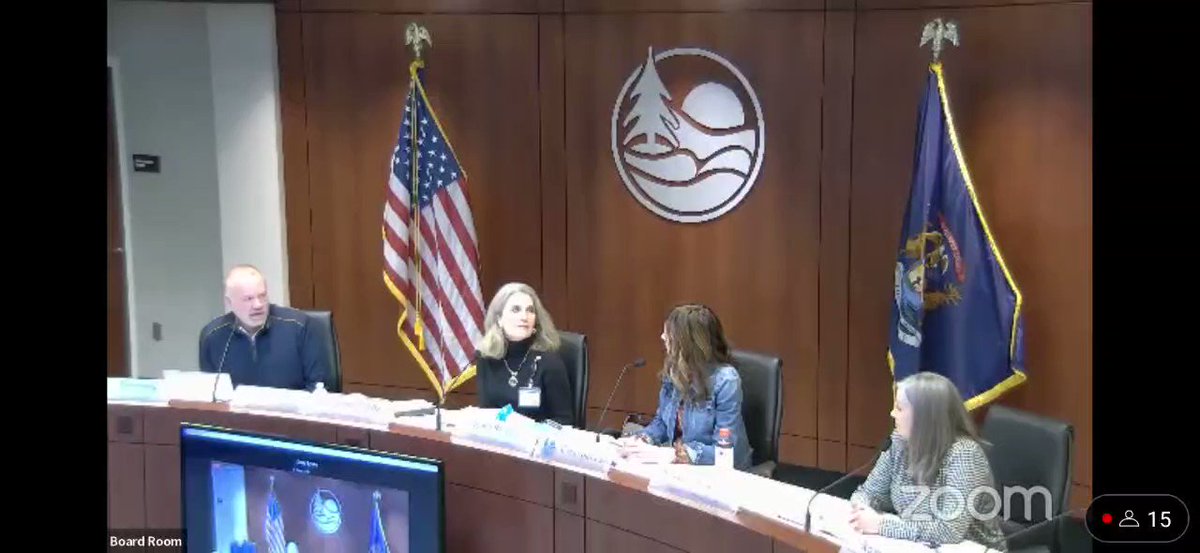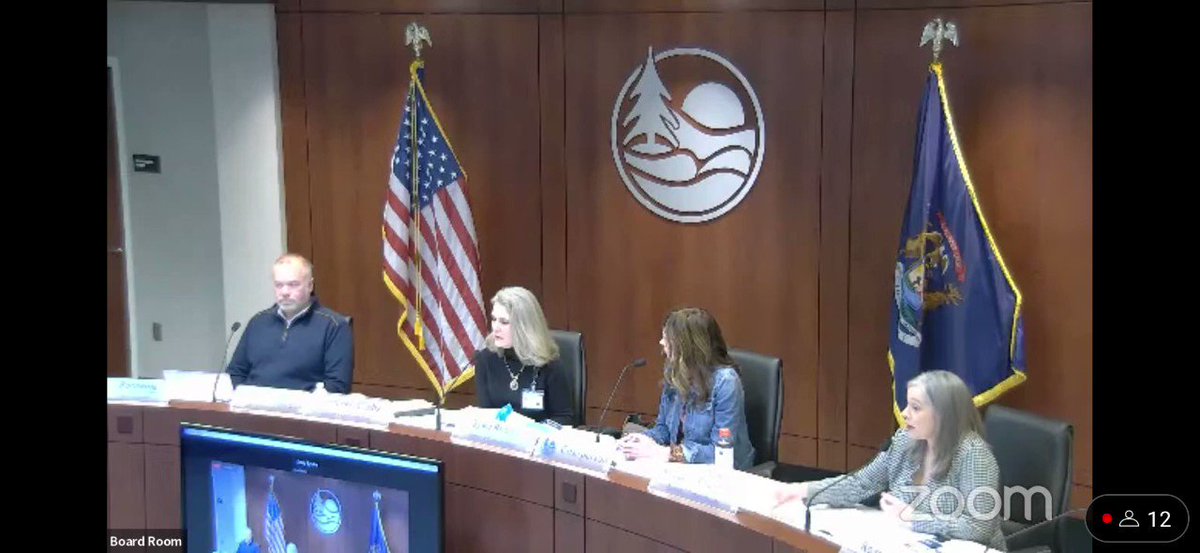
The University of South Florida has adopted radical DEI programming that segregates students by race and promotes the idea that white students should think "I feel bad for being white" and "it's not my fault I’m white" as part of their "racial identity development."
Thread.🧵








https://t.co/3DKjPrx6tv
https://t.co/c1rg7OnUl3
More from Category pdfmakerapp grab pdfmakerapp grab this readwiseio save readwiseio save thread threader compile summarize threadreaderapp unroll please ttttreads unroll unrollthreadcom savetobookmarks
The QAnon folks are circulating a video claiming a snowball won\u2019t burn suggesting it\u2019s plastic from a secret weather modification system.
— PatriotTakes \U0001f1fa\U0001f1f8 (@patriottakes) February 26, 2023
Ice can turn directly into water vapor and/or the water could be drawn into the porous snowball. The lighter fuel left the dark spot. pic.twitter.com/fz8RtoLvAN
Flat Earth stuff I think is already part of some Q believers' worldview. Which you would think would make engineering a continent-wide system of tunnels tricky, like how would they know not to go too far and make a hole in the bottom of the world? But they manage to believe.
You May Also Like
Five billionaires share their top lessons on startups, life and entrepreneurship (1/10)
I interviewed 5 billionaires this week
— GREG ISENBERG (@gregisenberg) January 23, 2021
I asked them to share their lessons learned on startups, life and entrepreneurship:
Here's what they told me:
10 competitive advantages that will trump talent (2/10)
To outperform, you need serious competitive advantages.
— Sahil Bloom (@SahilBloom) March 20, 2021
But contrary to what you have been told, most of them don't require talent.
10 competitive advantages that you can start developing today:
Some harsh truths you probably don’t want to hear (3/10)
I\u2019ve gotten a lot of bad advice in my career and I see even more of it here on Twitter.
— Nick Huber (@sweatystartup) January 3, 2021
Time for a stiff drink and some truth you probably dont want to hear.
\U0001f447\U0001f447
10 significant lies you’re told about the world (4/10)
THREAD: 10 significant lies you're told about the world.
— Julian Shapiro (@Julian) January 9, 2021
On startups, writing, and your career:
It's all in French, but if you're up for it you can read:
• Their blog post (lacks the most interesting details): https://t.co/PHkDcOT1hy
• Their high-level legal decision: https://t.co/hwpiEvjodt
• The full notification: https://t.co/QQB7rfynha
I've read it so you needn't!
Vectaury was collecting geolocation data in order to create profiles (eg. people who often go to this or that type of shop) so as to power ad targeting. They operate through embedded SDKs and ad bidding, making them invisible to users.
The @CNIL notes that profiling based off of geolocation presents particular risks since it reveals people's movements and habits. As risky, the processing requires consent — this will be the heart of their assessment.
Interesting point: they justify the decision in part because of how many people COULD be targeted in this way (rather than how many have — though they note that too). Because it's on a phone, and many have phones, it is considered large-scale processing no matter what.

























